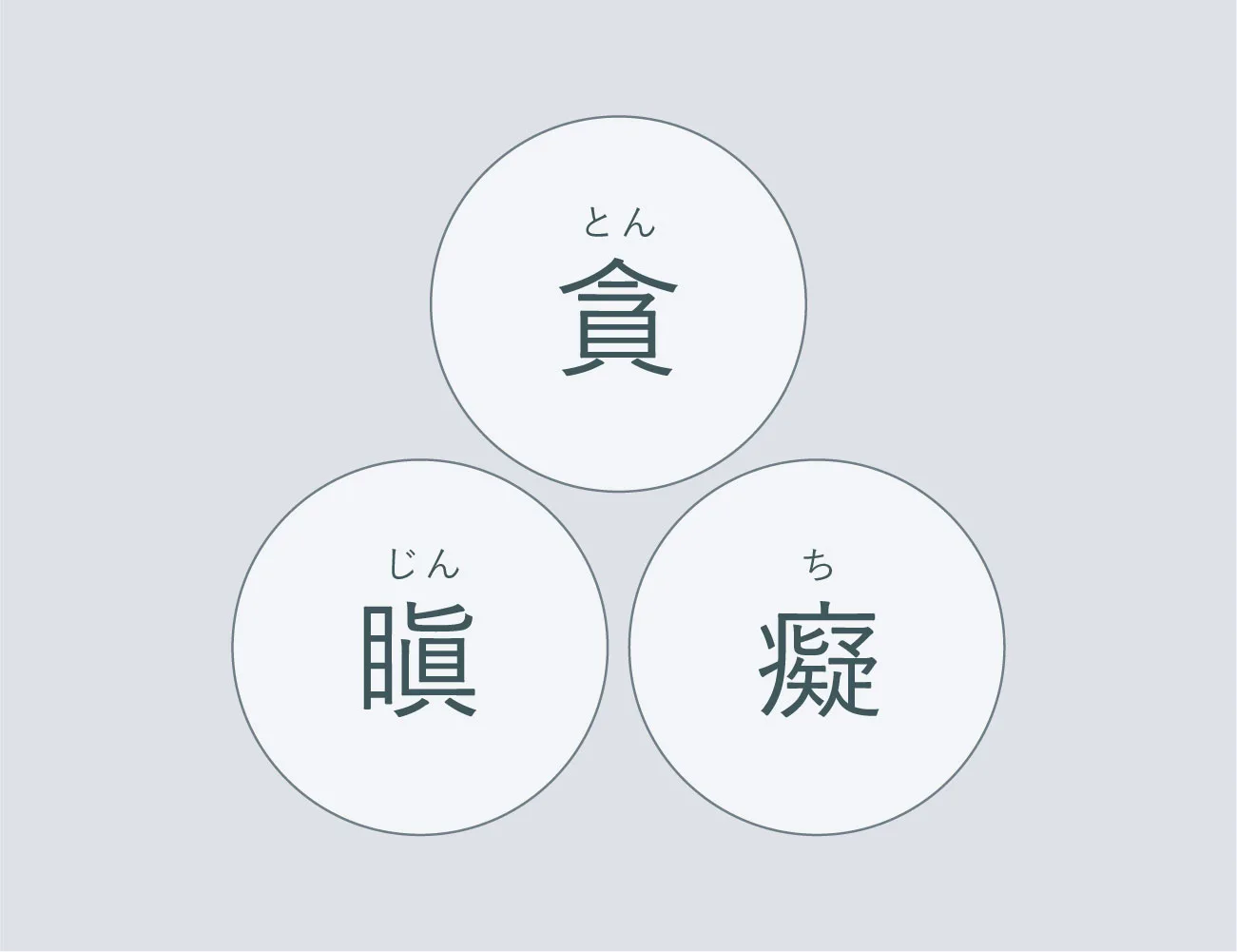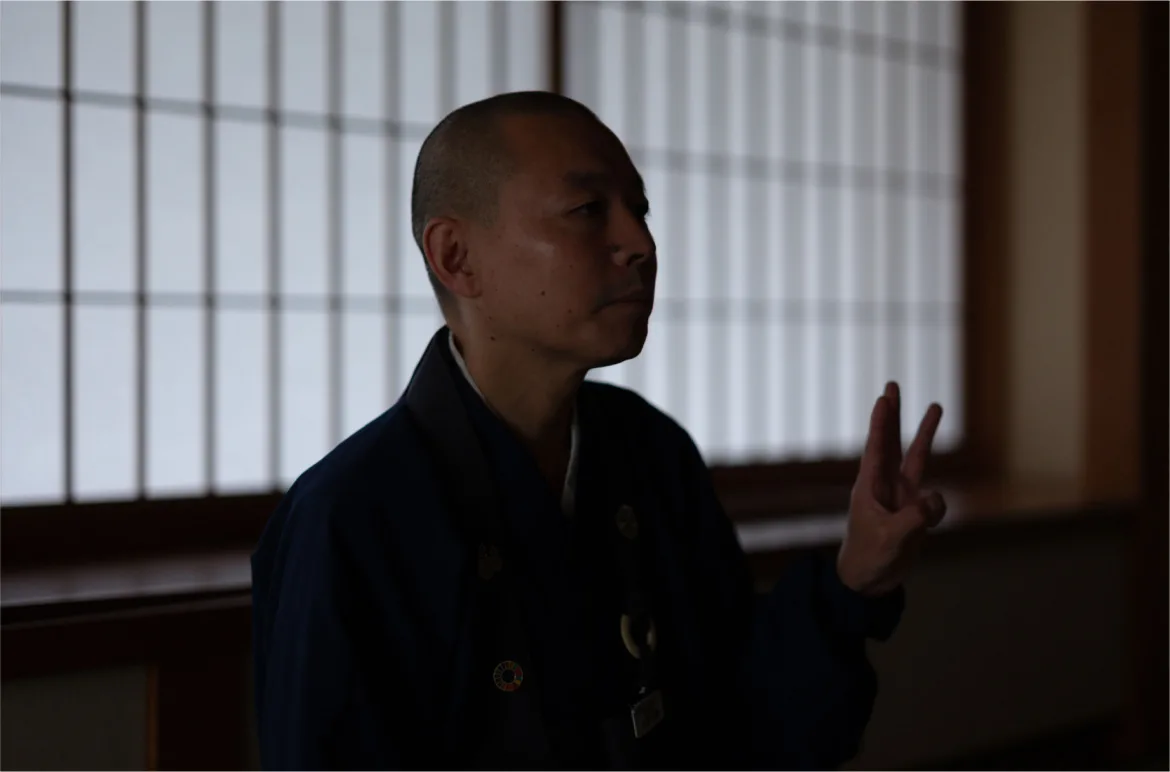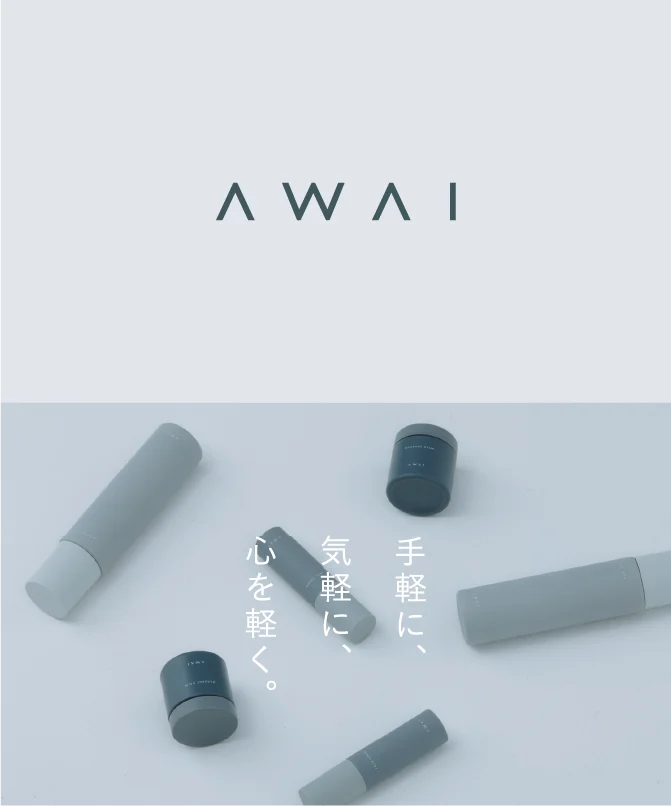Zenchi Uno, who is active in conveying the philosophy of Zen, which is attracting attention from all over the world, in easy-to-understand words, has been involved in many activities related to mental health and delivers messages that lighten the hearts of people who are struggling with life.
What kind of advice can a monk from a 2,500-year-old history of Buddhism and Zen offer for the various problems people are experiencing today?
I can’t have confidence in myself.
No matter what I do, I have a habit of belittling myself, saying things like, ‘I’m not worth anything,’ ‘It’s my fault,’ or ‘I’m not good enough,’ and I can’t seem to have any self-esteem. How can I learn to accept myself more?
Everyone has a ‘Buddha’ within them. Like polishing a gem, we must refine ourselves
In Buddhism and Zen, a key idea is that “everyone has the nature of Buddha.” No matter how evil someone might be, or how much they are swayed by weakness or deceit, they always have Buddha-like qualities within them. There is also a shining treasure inside you.
However, the Buddha nature we originally possess can become clouded by various impurities. The true nature of this cloudiness is the “desires” you are all familiar with. The practice is to clean out these desires day by day. Although we are all covered with various impurities, if we polish them, they will shine. Becoming a Buddha through practice, or becoming a “wonderful person,” is not about adding more but about continually removing impurities, like a process of subtraction.
It is said that there are 108 desires, but fundamentally, they can be grouped into three main types: “Ton(Greed),” “Jin(Anger),” and “Chi(Ignorance).” Ton is the mindset that wants to gain only for oneself, even at the expense of others. Jin is the emotional reaction when one’s desires are not fulfilled, leading to intense attacks on others or oneself. Chi is the tendency to twist the truth to fit one’s own convenience.

No matter how much we practice, these desires will never disappear as long as we are alive. Even the Buddha himself said that we cannot escape from these desires while we are living. That’s why we need to check our minds every day and keep working on ourselves to become the best person we can be.
In Buddhism, factors like how fast or slow you are at work, or whether you’re a manager or a regular employee, are not what define a “good person.” Even if you earn millions of yen a year, if you are taking credit for others’ work or deceiving people, it means nothing. When you seek self-affirmation, it’s important to reflect on what truly matters and what direction you want to take. Is it about earning money or achieving a high position? As a monk, I believe the true goal in life is to become someone others see as “wonderful.”
At such times, it’s more important to focus on how well you can control and overcome desires like greed, anger, and ignorance to reveal the sparkling “Buddha” within yourself, rather than competing with others over abilities, status, or strength and thinking, “I’m not good enough” or “I can never measure up to that person.” True “wonderfulness” comes not from comparing yourself to others but from carefully confronting and improving yourself.
The “wonderfulness” that you have polished and achieved yourself cannot be taken away by others.
At first glance, it may seem like today’s world values those who cheat, deceive, or take from others, with those who reach prominent positions and earn money being seen as superior, while the weak and kind-hearted are exploited. But don’t worry. While money might be exploited, true “wonderfulness” cannot be taken away.
Even if you fail at something, and even if the situation seems miserable in the eyes of the world, if people can say, “Many have been helped by that person,” or “That person’s smile saved my life,” then you have accumulated great virtue. The goal is not visible success, but “to be a wonderful person,” so your value is never compromised.
Even if no one is watching, if you think, “I did my best,” or “I was nice today,” please give yourself some credit. Every night before bed, look in the mirror and ask yourself, “What do I look like today?” I think it’s a good idea to reflect on it. Of course, there will be days when you say, “Today was a bad day.” Some days you do a little better, some days not so much… It’s natural to have ups and downs.
In my daily life, I ask myself, “Did I spend my day like the Buddha, the senior I admire so much?” or “How would the Buddha behave in this situation?” This is my standard of conduct. However, there are days when I’m tired or frustrated by chores, and I can’t always live up to it. I understand this because I am the one who watches myself the closest. On days when I can’t manage it, I feel disappointed. But there are also days when I can say, “Today was a bit of a Buddha-like day”. On those days, I go to sleep with pride.
It’s okay to have ups and downs and to be unsure. What’s important is that, even as you go through these ups and downs and uncertainties, you keep steadily working on improving yourself every day.

Have a try !
This is how you train yourself to accept who you are. For information on Zazen, please refer to the Soto Zen website.
(https://www.sotozen-net.or.jp/sotozazen)






